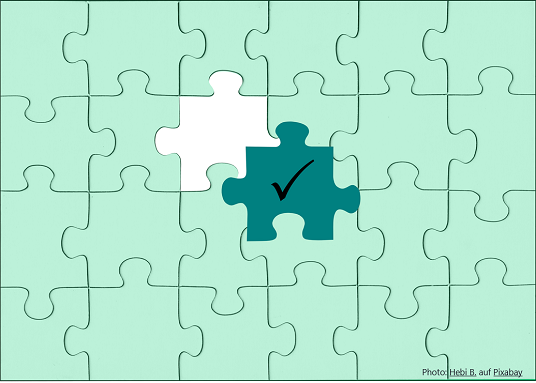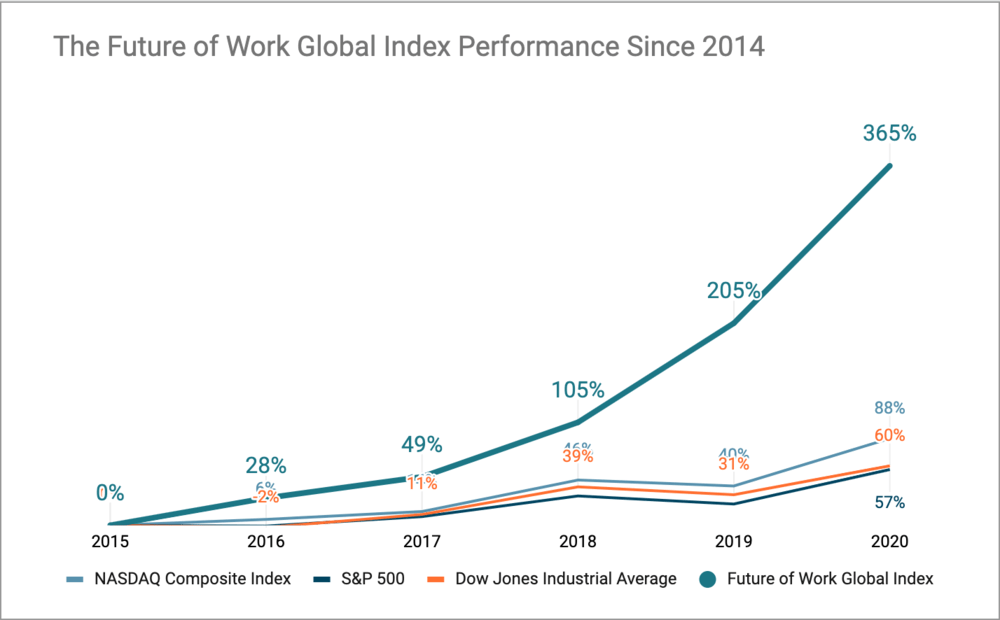Pizza and how it will change the software industry for the better
This post has nothing to do with the dietary requirements of software engineers.
This week the US Supreme Court made a decision to deny the petition from Domino’s pizza to hear whether its website is required to be accessible. This means that the lower court decision (9th federal) in favour of Guillermo Robes, a blind man, stands. He sued Domino’s because he was unable to order food on the website and app. More details here. I’m still not sure why Domino’s fought this, at great cost for so long, when making an accessible solution is not that hard.
This judgement clears up decades of confusion about whether a website is a place of public accommodation or not, under the Americans with Disabilities Act. This law has set rules that mean that places such as stadiums, restaurants, museums, cinemas and shops have to be accessible for people with disabilities, but for many years, there were conflicting views from the courts and the administration on whether a website is required to be accessible.
Section 508 of the Rehabilitation Act of 1973 (29 USC § 794d) requires that when U.S. Federal government agencies develop, procure, or maintain, information and communication technology (ICT), that it is accessible to persons with disabilities (see here for more).
This now means that in the US there is no longer a divide between public and private sector websites in terms of web and application accessibility.
I and others have been saying for years that software companies should fix accessibility because it is a decent human thing to do, but at last, the law in the US can be used to apply pressure on software companies to do just that.
European law is somewhat behind the US, but not that far behind. The recent Web Accessibility Directive strengthens the EU accessibility requirement for the public sector, and the forthcoming European Accessibility Act will make for major private sector action too.
Most of the software your companies use today is inaccessible to people with disabilities, and my research shows that recruitment solutions are no different. I’ll be exploring this at Unleash in Paris in a couple of weeks.
If, til now, you haven’t really bothered about accessibility, that needs to change. For both builders and buyers of software, you had better get your act together.



